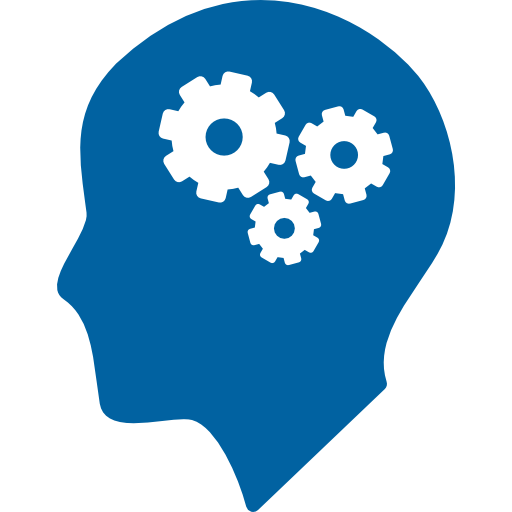
Web site logical path:
[www.psy.gla.ac.uk]
[~steve]
[educ]
[Home]
[this page]
Other related pages:
[My educ. ref list]
[Effect size]
Linked circle of topics relevant to CCSE:
[Adey&Shayer]
[Papert's gears]
[Early play]
[spatial]
[curricula]
[methodology]
The great Anna Sfard has
a book on this ....
(See also my
entrance lobby.)
The fanatical way of putting this view is that knowledge, or at least
knowing, simply consists of, just IS, acquiring a new type of conversation.
Not just new words, but ways of speaking, the values built into that type of
conversation. So learning English literature is learning to talk with other
literateurs; to learn physics is to learn how to talk with physicists; ....
But to learn compSci is not to learn the language with which to talk to
computers, but the language or conversation style which lets you talk to other
programmers.
On the other hand, Papert argues that with computers, children can "speak
maths"; so that the benefit of computers in education can be supporting this
learning when they don't have surrounding people who are competent at this,
or more importantly, find it natural and interesting to do so.
But perhaps this cuts both ways. Learning without curriculum often wins on motivational quality and quantity, and affect. But increasingly I'm starting to think of learning in HE, and especially by the Honours years, as extraordinarily efficient. The quantity final year students learn, with amazingly little scaffolding, is astounding, once they have fully absorbed how to learn in HE, and still more, how to learn in and about their particular discipline. Studies of learning without curriculum love to boast about affect, but do not report figures on quantity. On the other hand, it may be that such Honours material is tacitly limited both by the pre-training on learning to learn that discipline, and also limited to a particular subset of the subject that is well and very explicitly understood so it can be taught. You don't get to hear of students cramming a doctor's bedside manner in a 10 credit module; how to be an innovative researcher; etc. These may be more like topics that are only learned in a kind of apprenticeship, over much longer periods; knowledge that is still partly or wholly tacit (implicit).


Some videos (animations):
Web site logical path:
[www.psy.gla.ac.uk]
[~steve]
[educ]
[this page]
[Top of this page]